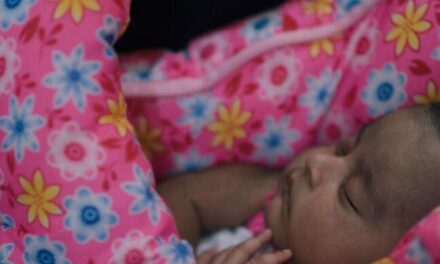November 2, 2024
In a stark reminder of Africa’s escalating monkeypox crisis, the Africa Centres for Disease Control and Prevention (Africa CDC) has reported a dramatic 500% increase in confirmed monkeypox cases this year compared to the previous year. With 48,093 cases reported since January—including 10,372 confirmed cases and over 1,048 deaths—19 African countries are now grappling with outbreaks of this virus, known as mpox, which continues to spread across the continent.
In a virtual media briefing, Ngashi Ngongo, Chief of Staff at the Africa CDC, expressed grave concerns, stating that the “situation is not yet under control,” and that case numbers continue to rise. He noted that the latest surge reflects an alarming trend with 2,766 new cases and 1,254 confirmed within just the past week. The Democratic Republic of the Congo (DRC) and Burundi are among the hardest-hit nations, together accounting for a staggering 94% of these recent cases.
Mauritius recently joined the list of affected nations, underscoring the geographic spread of the disease. The Central Africa region has been particularly impacted, representing 85.7% of all reported cases and a concerning 99.5% of monkeypox-related deaths across the continent. The Africa CDC has also reported increased cases in Liberia and Uganda, where cross-border movement and sexual transmission have accelerated the spread.
The mpox virus, initially identified in lab monkeys in 1958, is a rare but serious viral disease. It typically spreads through contact with body fluids, respiratory droplets, and other contaminated materials, causing symptoms such as fever, rash, and swollen lymph nodes. The ongoing surge has prompted the Africa CDC to declare monkeypox a public health emergency of continental security. In response, the World Health Organization (WHO) has also declared monkeypox a public health emergency of international concern, reflecting its potential global threat and activating the highest level of alert for the disease for the second time in recent years.
With cases rising unabatedly and no sign of containment, African health authorities face a daunting task. As cross-border transmission remains a significant risk factor, intensified international collaboration, robust public health measures, and community awareness are urgently needed to curb the spread of this viral disease and address the continent’s worsening public health emergency.











